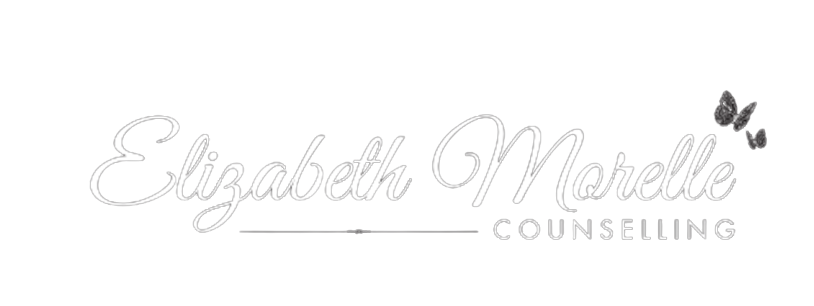Depression and loss or grief are not the same thing.
Grief.
Grief is deemed to be a normal part of life and the process of grieving an often painful but necessary way to move forward to peace and acceptance. Grief occurs after a loss, whether that is loss of a beloved family member, a pet or a job or the breakdown of a relationship. Grief can cause you to feel hopeless, devsatated, overwhelmed, deeply heartbroken and alone. You may feel you will never come through it, but in time, you will. There is no right or wrong way to grieve. Everybody is different and has different ways of coping. Neither is there a definite time on how long it will take to get through your grief.
Five Stages of Grief
According to expert on death and dying, Elizabeth Kubler Ross, there are five stages of grief. These are denial, anger, bargaining, depression and acceptance. Not everybody goes through all five stages and they do not have to be in any particular order. According to the literature, these stages of grief can be seen across cultures.
Denial.
At first it is common to deny the reality of the situation, that a loved one has died, or is going to die, or a divorce is occurring. You may become isolated and withdrawn as you go through this phase.
Anger.
Anger is a common response to loss, as you try in your mind to come to terms with the unthinkable.
If you are grieving a loss, you may want to seek out the support of a compassionate and non-judgmental counsellor who can “hold the space” for you with an empathic, listening ear, as you sort through often painful and difficult emotions. It can be very helpful to have a supportive presence to walk this path with you.
Bargaining.
Bargaining is where you start thinking, “If only I had done more”, or “If only I had caught the symptoms earlier”, or “If only we hadn’t had that argument the day before he died”. You are deperately wanting to change the situation, wishing it were different, and just not able to accept it, yet for the truth of what it is.
Depression.
Depression in grief is different from clinical depression.
In the Beginning of Grief,
you may feel overwhelming sadness, you may cry a lot, isolate yourself and reduce your social activities. You may lose your appetite, or eat more as a source of comfort. you may find your sleep pattern is disturbed. But you will have happy memories of your lost loved one and brighter days interspersed with your mourning.
How Depression is Different from Grief.
Depression includes social isolation, withdrawal, deep sadness, sleep disturbance, eating more or less than usual and, unlike grief, it is not necessarily associated with a loss. Depression also comes with an unbearable sense of unworthiness and an intolerable emotional pain that accompanies it. Feelings of hopelessness, helplessness and despair can be all-consuming and you may feel that there is no way out of a very dark and endlessly unhappy place. You may feel weighed down by a heaviness and you may lose interest in things which used to give you pleasure. You might feel tired all the time. Depression will interfere with your ability to enjoy life and just have fun. At its worst it can cause thoughts of suicide. If you are suicidal and feel you are in crisis right now, please call the crisis society on 1-888-494-3888
If you are feeling depressed and need help, talking with a skillful and compassionate counsellor who offers depression treatment has been shown to be very beneficial. It IS possible to get out of depression!
Please contact me if you would like to talk about how I can help, whether you are grieving a loss or feeling depressed.
